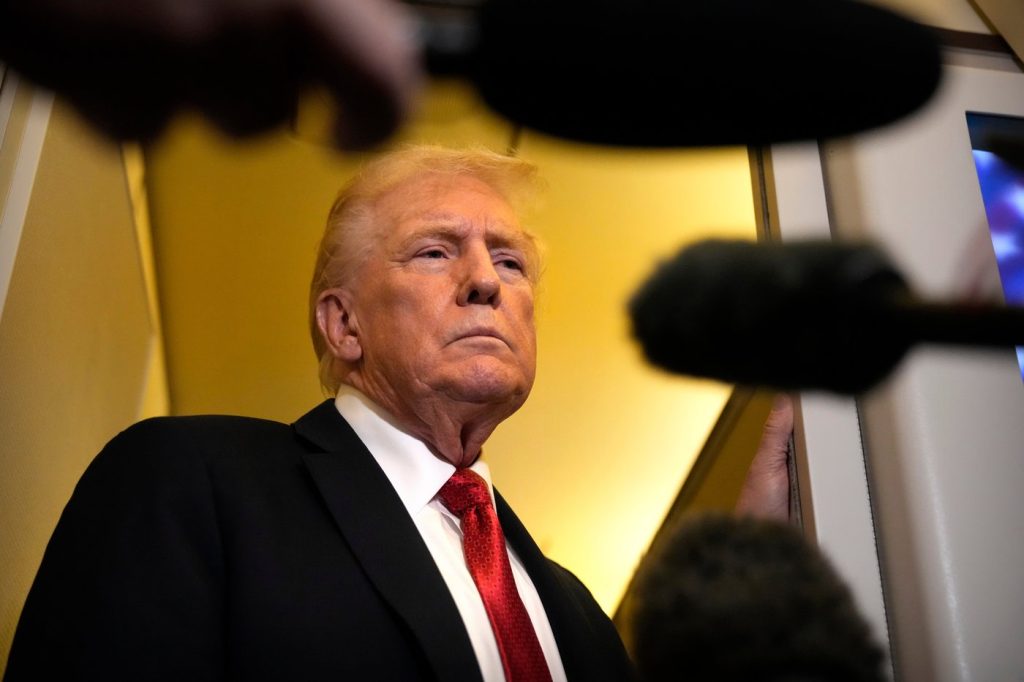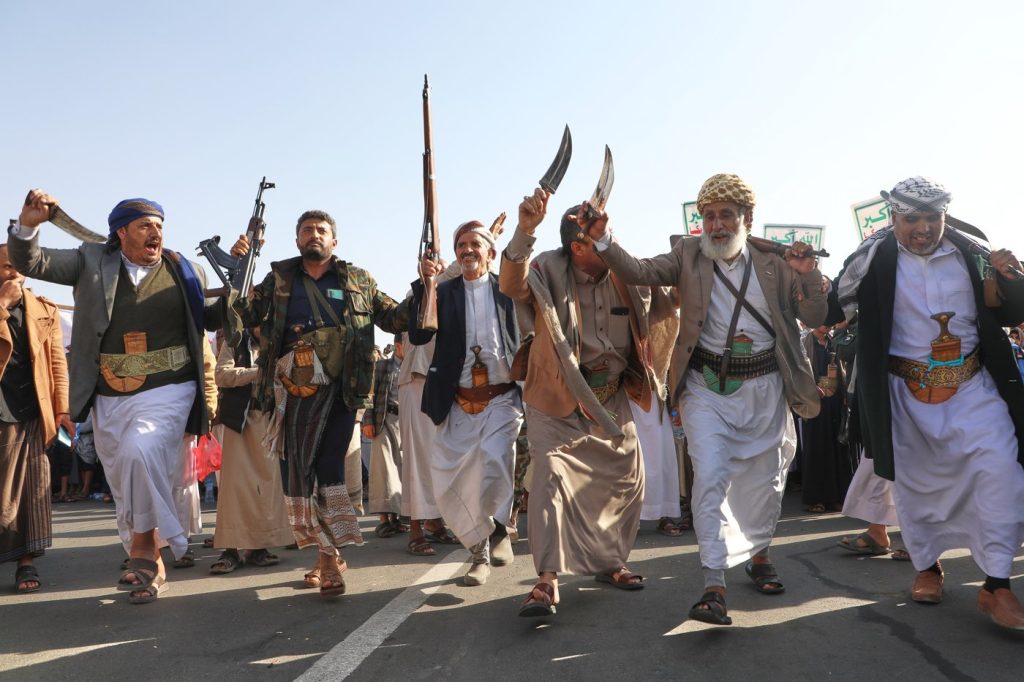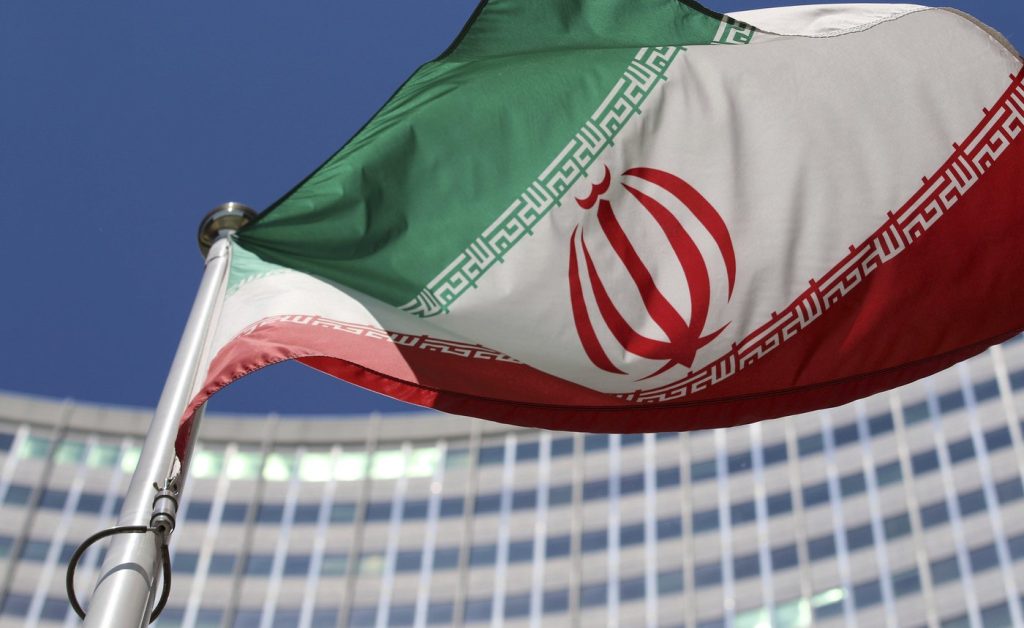PALM BEACH, Fla. (AP) – The United States will drastically reduce assistance to Colombia and implement tariffs on Colombian exports, due to President Gustavo Petro’s perceived inaction against drug production, as declared by President Donald Trump. This statement exacerbates tensions between the U.S. and Colombia, a key ally in Latin America.
In a social media post, Trump labeled Petro as "an illegal drug leader" who is "low rated and very unpopular." He warned Petro that he "better close up" drug operations, threatening that the U.S. would intervene harshly if he did not. During a press briefing aboard Air Force One, Trump criticized Colombia for having "no fight against drugs" and called it "a drug manufacturing machine" under what he described as a "lunatic" president. He announced plans to introduce new tariffs on Monday.
Defense Secretary Pete Hegseth later reported another U.S. strike on a vessel purportedly carrying significant amounts of narcotics. This vessel was linked to the National Liberation Army (ELN), a Colombian rebel group in conflict with Petro's administration. While Hegseth shared a video of the attack, he did not provide evidence supporting his claims.
President Petro, known for his vocal stance on social media, countered Trump’s accusations, asserting that his efforts to promote peace in Colombia do not equate to drug trafficking. He implied that Trump was misled by his advisors and described himself as "the main enemy" of drugs in Colombia, while accusing Trump of being "rude and ignorant" towards Colombia.
The Colombian Foreign Ministry reacted sharply, deeming Trump's comments a "direct threat to national sovereignty" that suggested an illegal intervention in Colombian affairs. Defense Minister Pedro Sánchez defended Petro's administration, highlighting that Colombia has made extensive efforts and sacrifices in the fight against drug trafficking.
Trump's recent criticisms of Petro raise concerns about a potential clampdown in Latin America, particularly as tensions with neighboring Venezuela heighten under Nicolás Maduro's leadership. U.S. naval ships, fighter jets, and drones are reportedly deployed in the region due to what the administration describes as an "armed conflict" with drug cartels, including covert operations authorized inside Venezuela.
Colombia has been a long-time ally of the U.S. and is the largest recipient of American aid in the region. However, coca cultivation in Colombia reached an unprecedented peak last year, and violence in rural areas has surged as the government contends with various insurgent groups. In September, the Trump administration criticized Colombia, stating it had "failed to cooperate" in the drug war, albeit granting a waiver on sanctions that would have triggered aid cuts.
Colombia received approximately $230 million in U.S. aid for the budget year that concluded on September 30, a notable decline from previous years exceeding $700 million. President Petro has had an ongoing contentious relationship with Trump, previously rejecting the U.S. military's deportation flights for migrants that resulted in threats from Trump regarding tariffs. The U.S. State Department also indicated it would revoke Petro's visa during his attendance at the U.N. General Assembly due to his comments urging American soldiers to defy Trump's directives.
The two leaders have clashed over U.S. military strikes in the Caribbean as well. Petro accused the U.S. of committing acts of assassination, citing a strike on September 16 that killed a Colombian fisherman named Alejandro Carranza, who he claimed had no connections to drug trafficking and was merely experiencing boat difficulties when the attack occurred. Petro characterized the strike as an invasion of Colombian territory, prompting legal actions against the U.S. in local and international courts.
Despite their disagreements, Petro's administration is currently prosecuting the sole Colombian survivor of a recent U.S. strike on a drug-laden submersible. Another survivor was repatriated to Ecuador after authorities determined he had not committed any crimes within its borders. The ELN, the group linked to the recent U.S. strike, claims it does not participate in drug trafficking and has offered to submit to international scrutiny. U.S. airstrikes targeting alleged drug traffickers have reportedly resulted in at least 32 deaths since early September.
Trump described Petro's attitude toward the U.S. as having "a fresh mouth" and complained about ongoing drug smuggling despite large-scale U.S. funding, asserting that such payments amounted to a "long-term rip-off" of America. He emphatically stated that as of that day, all payments and subsidies to Colombia would cease.
Analysts like Elizabeth Dickinson from the International Crisis Group remarked on the imprudence of the U.S. alienating a key military partner at a time of heightened instability, particularly as Colombia faces significant security challenges. Cuts to U.S. aid could severely impact Colombian military and police capabilities.












